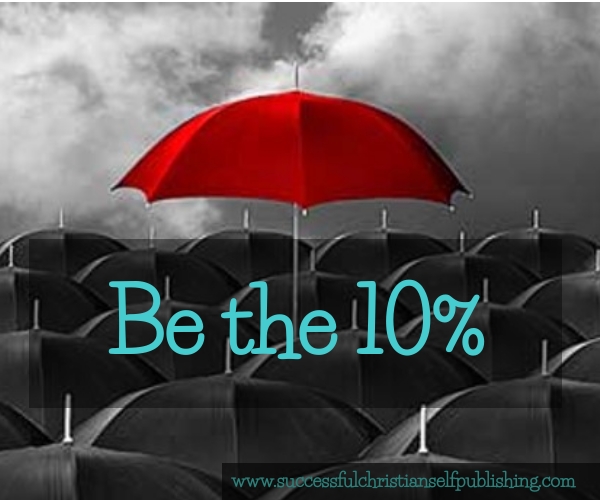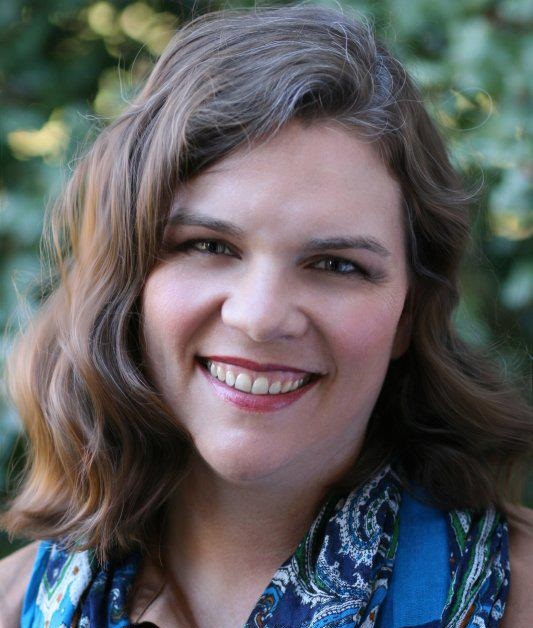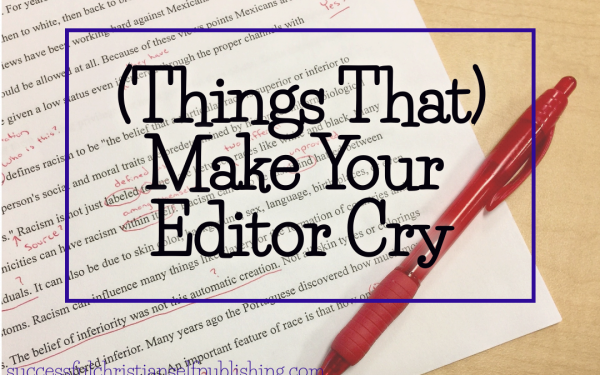Be the 10 Percent

The first time I went to a day-long workshop for a Romance Writers of America chapter. I was so excited — this was my very first writers’ anything – I’d never been to a workshop, a conference, a retreat, nothing. I could barely sleep at the hotel that night because I couldn’t wait for the workshop to begin.
The authors of that chapter had a bookstore going on. Now, these were the days when self-published was a very expensive path, before the invent of technology that would allow “print on demand” to be the normal, and unless you bought in serious bulk – like hundreds or thousands of books – then it wasn’t even kind of cost-effective to self publish.
While browsing through this bookstore filled with Harlequin and Avon books and the like, I bought a book from every author, including a woman who explained to me that she wasn’t willing to wait on the publishing process to publish her book so she had self-published.
Intrigued, I bought the book. At the time, I was a voracious reader, and the next week I found myself working quickly through the stacks of books I’d brought home. When I got to her book, I didn’t have any preconceived ideas or expectations of anything. I just started reading.
Honestly, I don’t remember if I began to be appalled at the first page, or if I’d gotten through two or three pages before I just couldn’t keep going. I did skim through to see if it got any better, and it did not. If memory serves, it actually got worse as the story unfolded. Even as a very green writer myself, I could see problems with descriptions, grammar, style, plot, and pace. The idea that she’d spent THOUSANDS of dollars convinced her book was worth that money confounded me.
I threw that book away instead of adding it to my bag to take to my faithful used bookstore and decided that self-published books weren’t worthy of my time or my money. For the next ten years or so, I held onto that belief.
Editors and agents say that of all of the submissions that they receive, about 80-90% of them aren’t even able to be edited to the point of publication.
That means that only about 10% are written well enough to be edited.
That is a crazy small number, especially when you consider that when someone submits his manuscript to a publisher, he is doing it with the expectation that his manuscript is the best manuscript this publisher has ever seen and it will get snatched up and a three-book contract will be handed to him. The author has worked with his critique group, polished every scene over and over again, loved on it like a child, edited it to the best of his ability, and then — it’s not even written well enough to be edited, much like my first experience reading a self-published book.
Think about that now. If 80-90% of all books received by a publisher are not ready for publication, what do you think that means about the books that are currently glutted in the self-publishing market? Doesn’t it stand to reason that if the number is 80-90% for submissions to editors and agents, then the number is probably very similar, or even higher, for those books that are self-published?
I think that is one of the stigmas that haunts the self-publishing world even today — that a reader doesn’t expect anything good when they sit down to read a self-published book. As an author who is entirely self-published, that makes me so passionate about teaching authors how to make their book fall into the 10% instead of the 90%.
How can you do that?
- Learn to self-edit. I will be launching a series of articles over the next few weeks that teach self-editing. Once you can master self-editing, then your editor will actually be able to dig down and work on your work — will be able to see the forest for the trees, as it were. Which brings me to my next point…
- Hire an editor. That’s important enough that I’ll say it again. Hire an editor. It’s not enough to just self-edit and ask your high school English teacher to read over it. There are things that professional editors are trained to catch and correct that the average reader simply doesn’t know about. It’s what makes good books great, and the reader has no idea how much better their experience has become because of the edits applied that someone not trained wouldn’t even know what to look for.
I look forward to sharing the self-editing articles with you! As they publish, I’ll link to them here.
Passive Verbs and Active Sentences
Storytelling: Plots and Conflicts
Writing Three-Dimensional Characters
![]()

With nearly a million sales, Hallee Bridgeman is aUSA TODAY best-selling and award-winning Christian author who writes action-packed romantic suspense focusing on realistic characters who face real-world problems. Her work has been described as everything from refreshing to heart-stopping exciting and edgy. Hallee has served as the Director of the Kentucky Christian Writers Conference, President of the Faith-Hope-Love chapter of the Romance Writers of America, is a member of the American Christian Fiction Writers (ACFW), the American Christian Writers (ACW), and Novelists, Inc. (NINC). An accomplished speaker, Hallee has taught and inspired writers around the globe, from Sydney, Australia, to Dallas, Texas, to Portland, Oregon, to Washington, D.C., and all places in between. Hallee loves coffee, campy action movies, and regular date nights with her husband. Above all else, she loves God with all of her heart, soul, mind, and strength; has been redeemed by the blood of Christ; and relies on the presence of the Holy Spirit to guide her.

